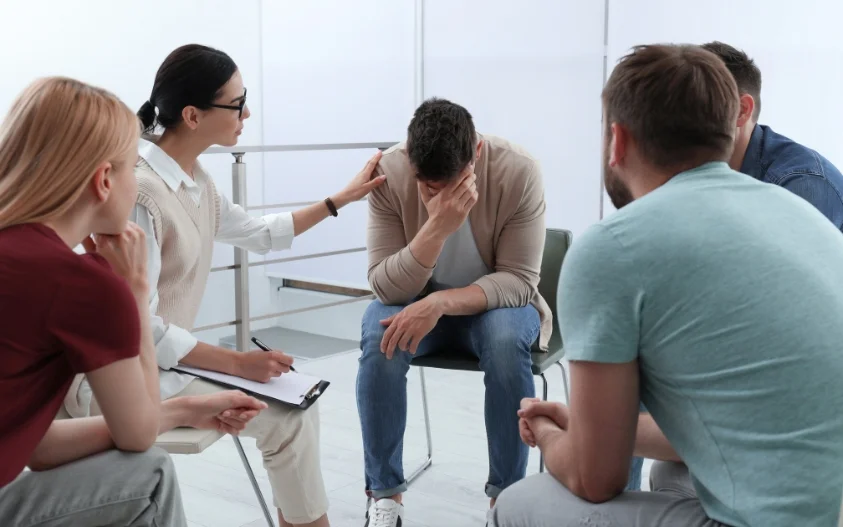24/7 Helpline:
(866) 899-221924/7 Helpline:
(866) 899-2219
Learn more about Opioid Rehab centers in Washington Court House

Other Insurance Options

Private insurance
Beacon

MHNNet Behavioral Health

United Health Care

BlueCross

Optum

Multiplan

Horizon Healthcare Service

Magellan Health

Lucent

EmblemHealth

WellCare Health Plans

Sliding scale payment assistance

Evernorth

ComPsych

Holman Group

Sutter

Anthem

American Behavioral

BHS | Behavioral Health Systems

Scioto Paint Valley Mental Health Center
Scioto Paint Valley Mental Health Center provides help for drug addiction, alcoholism, and a variety...

The Ranch of Opportunity
The Ranch of Opportunity in Court House, OH is a safe haven for teenage girls who have experienced t...

Fayette Womens Residential
Fayette Womens Residential is a private rehab located in Washington Court House, Ohio. Fayette Women...

Fayette Recovery Center
Fayette Recovery Center – Washington Court House Ohio is an alcohol rehab center that helps individu...







































